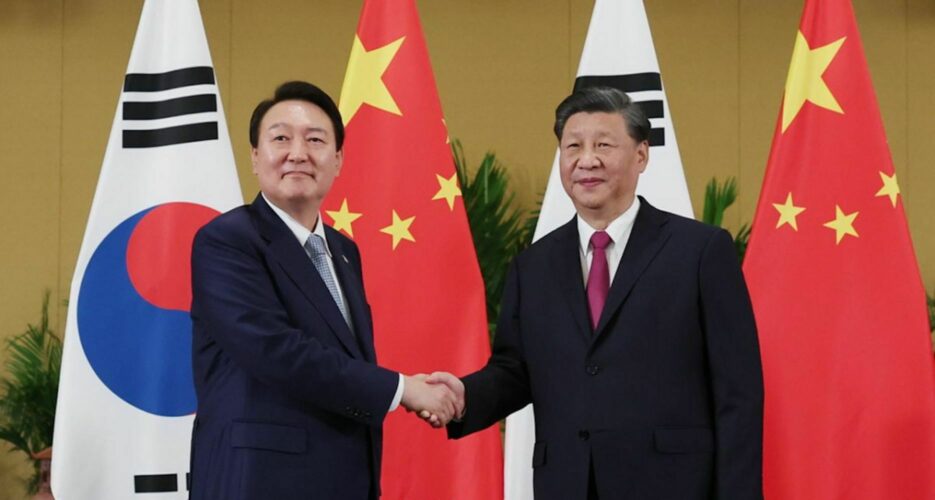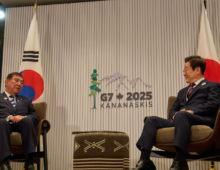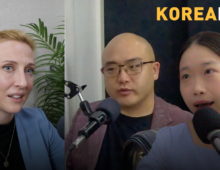Yoon Suk-yeol’s alignment with the U.S., Japan over Taiwan prompts Beijing to take a harsher line with South Korea
Beijing’s increasingly antagonistic “wolf warrior” rhetoric toward the Yoon administration signals a critical shift in the dynamics of ROK-China relations.
President Yoon Suk-yeol’s remarks ahead of his trip to Washington in April, where he opposed any attempts to change the status quo in the Taiwan Strait by force, elicited a furious response from China.
Beijing’s increasingly antagonistic “wolf warrior” rhetoric toward the Yoon administration signals a critical shift in the dynamics of ROK-China relations.
President Yoon Suk-yeol’s remarks ahead of his trip to Washington in April, where he opposed any attempts to change the status quo in the Taiwan Strait by force, elicited a furious response from China.
Get your
KoreaPro
subscription today!
Unlock article access by becoming a KOREA PRO member today!
Unlock your access
to all our features.
Standard Annual plan includes:
-
Receive full archive access, full suite of newsletter products
-
Month in Review via email and the KOREA PRO website
-
Exclusive invites and priority access to member events
-
One year of access to NK News and NK News podcast
There are three plans available:
Lite, Standard and
Premium.
Explore which would be
the best one for you.
Explore membership options
© Korea Risk Group. All rights reserved.
No part of this content may be reproduced, distributed, or used for
commercial purposes without prior written permission from Korea Risk
Group.












